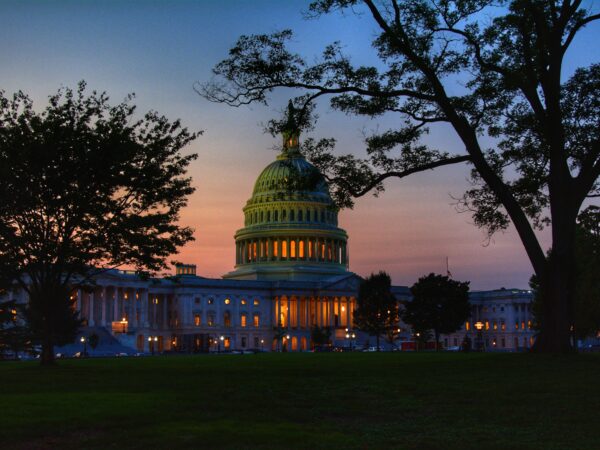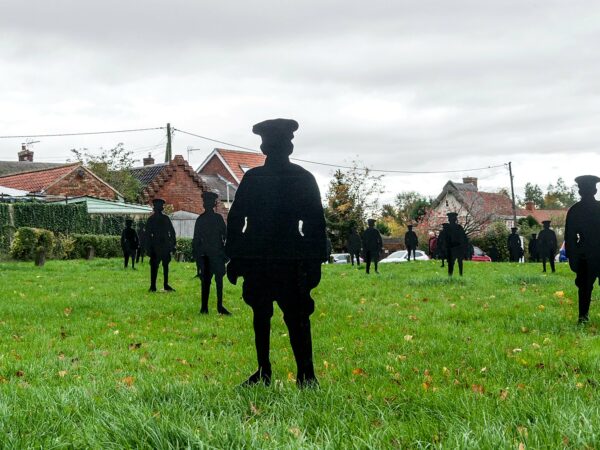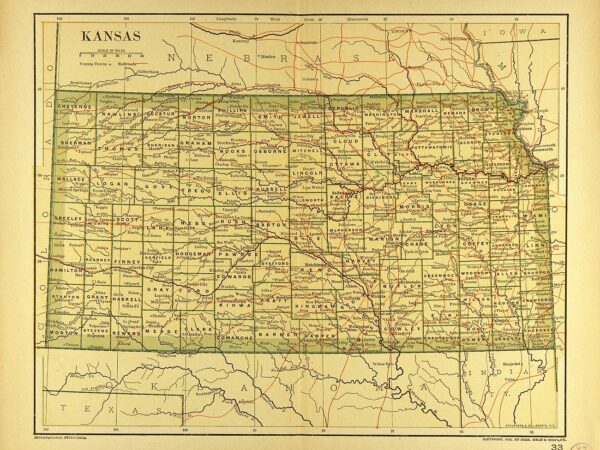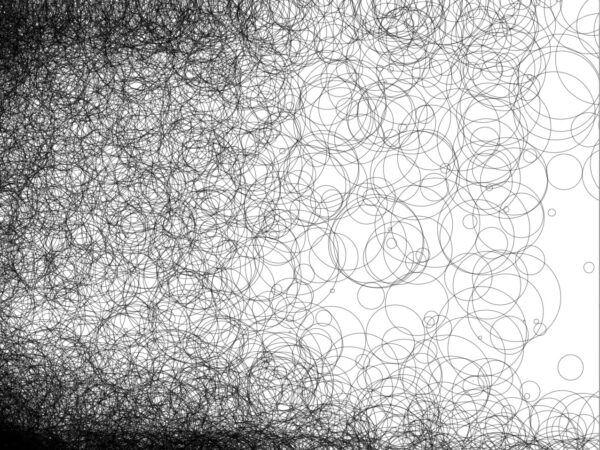
David Kline introduces the systems theory of Niklas Luhmann for political theology and reflects on how it might think about its own limits of observation.
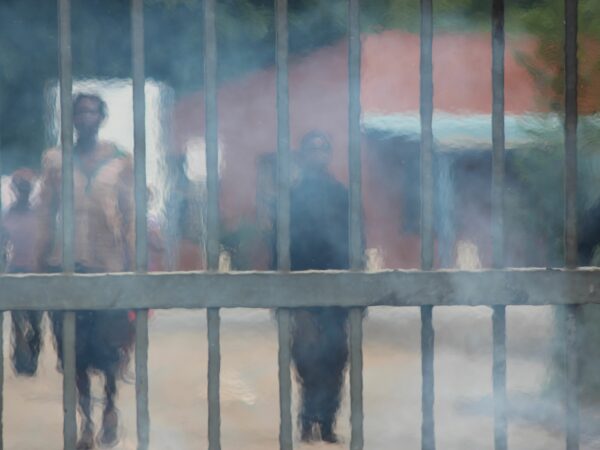
Andrew Suderman argues that the significance of protest lies in challenging the “policing” realities of death that plague our world and exposes the contingencies on which such logic rests whilst reasserting our own political agency by re-claiming the power we have to embody now the future God desires for this world. This is the form of politics to which Jesus calls us.

“Perhaps it is in precisely this ambivalent way that air (and Irigaray) reminds us of just how much we belong—to the air itself, to this emptiness that hovers and sings in lifedeath. We might forget air, we might forget that we breathe, or how to breathe. But air does not forget us. And air will never cease to carry us, to lift us up, to set us into flight, even when we no longer live in a body that tried (if unsuccessfully) to fly.”
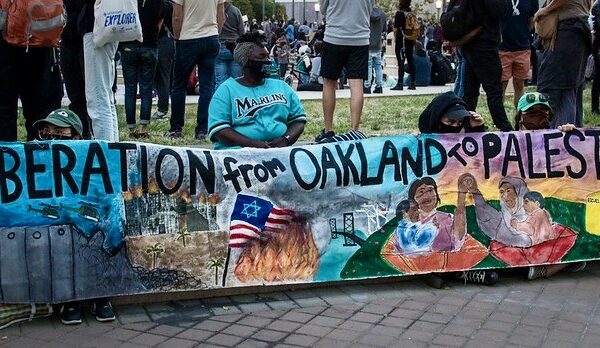
By working to abolish policing and prisons as we know them today, prison and police abolitionists are engaging in the kind of activism that can resist and dismantle these interconnected evils at the same time. In other words, transformative justice and prison abolition are ways to resist the military-industrial complex.
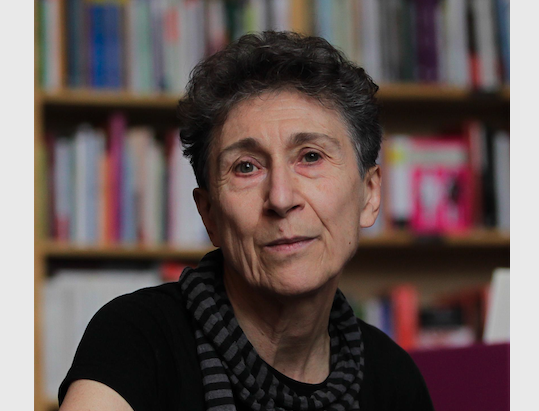
Federici provides a model for political theologians engaging with race, gender, and sexuality through the lens of capitalist oppression
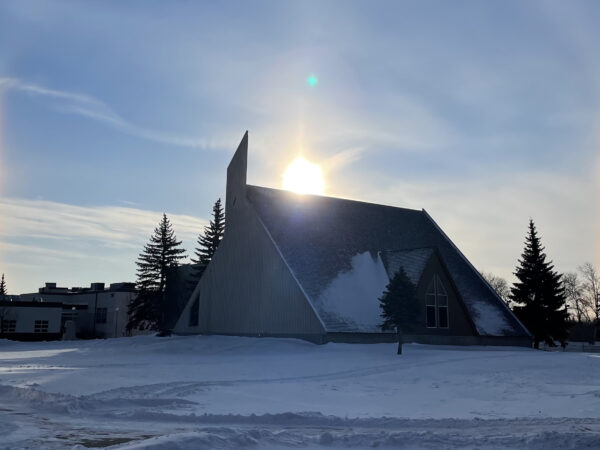
If God invites dialogue and intervention and is moved by human persons, God is thus open to changing God’s mind. This picture of God has implications for human interactions. In cultural and political movements, people often make up their mind and are unpersuaded by what other people say or do. When these others are suffering others, being unpersuaded is a mark of tyranny. When evidence of malevolent intention is presented and the evidence is brushed aside in favour of aligning with larger—national or otherwise—interests, impassibility is a crime.

Transforming war into a capitalist imperative, the expanded use of PMSCs makes it more difficult to place democratic checks upon military power, commodifies war in a fashion that obscures its tragedy and misery, and threatens to further constrict the role of justice in determining military engagements.
